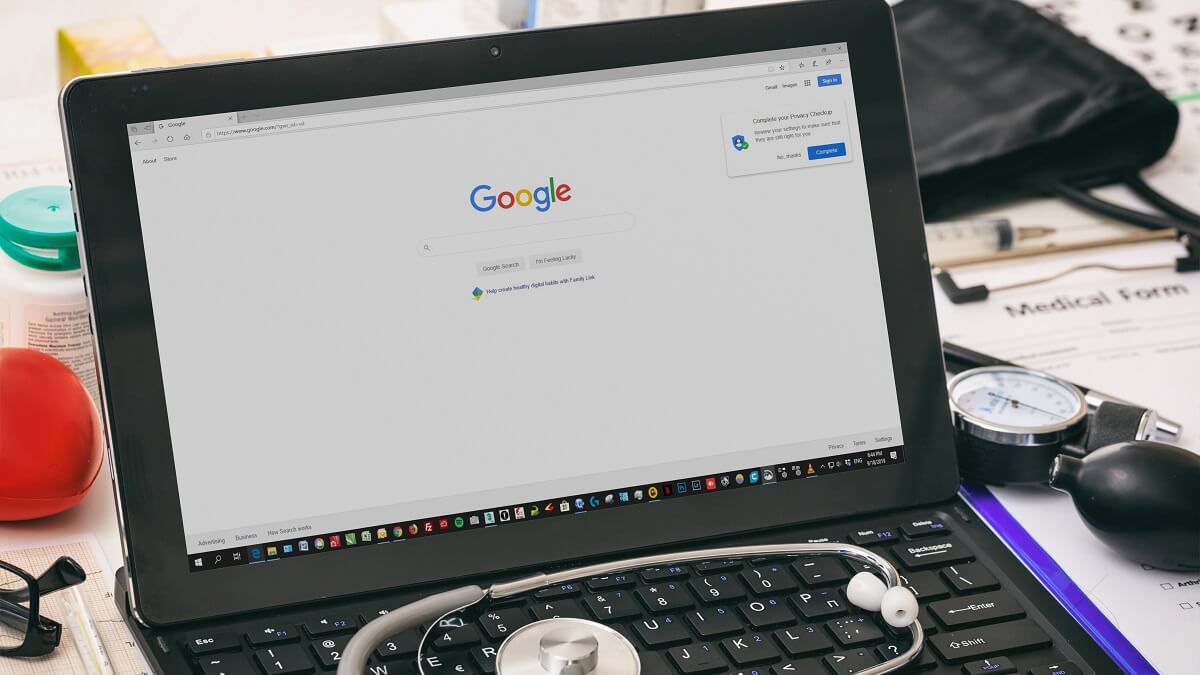Most of us have been guilty of consulting ‘Dr Google’ as soon as we experience a health concern. You may find some horrible, life-altering condition that fits your symptoms, but then you visit your GP and discover it’s a routine problem and nothing to worry about.
Finding verifiable medical answers online can be difficult, and even dangerous, but there are ways to find reliable information without falling down a rabbit hole of misinformation.
Dr Rachel Dunlop, honorary research fellow at Macquarie University, told the ABC that searching for medical information online can have its benefits, but also has its limits.
“Medical information sourced from the internet is never a substitute for seeing a qualified healthcare professional,” she says.
“But it can prepare you for a visit to the doctor, help you to understand your health issues, and provide support from other patients, if you are getting your information from reliable and trusted sources.”
Healthdirect Australia is an online public health service funded jointly by the federal and state and territory governments.
It contains a wealth of verified medical information and a number of tools you can use to narrow down your symptoms before you head to the doctor.
Healthdirect’s symptom checker can be used in multiple languages, and will help you decide if you need to seek further help or whether you can self-care.
Healthdirect chief medical officer Dr Nirvana Luckraj says as well as using the service, there are a number of tips you can follow when searching your symptoms online that will yield better results.
“Googling your assumed worst-case scenario can give you biased search results and really scare you,” she says.
Be specific
You need to be as specific as possible in your search query, and avoid vague terminology as much as possible. The more specific you are, the fewer possibilities there will be.
“Search for ‘abdominal pain’ and avoid casual phrases like ‘tummy ache’ to improve chances of getting authenticated results from medical websites,” Dr Luckraj says.
Even if a trusted site such as Healthdirect gives you a reasonable overview of your symptoms, it’s advisable to check multiple sources or verification.
“Even if you find a website that gives you reasonable overview of symptoms, it’s worth reading elsewhere to get a more holistic view,” says Dr Luckraj.
Reputable sources
But you’ll need to make sure these other sources are reputable.
Sites ending in .org or .gov are usually a good indicator of quality information, as are sites verified by the Health on the Net Foundation, a global non-profit organisation dedicated to promoting reliable online health information. Healthdirect is certified by Health on the Net.
These websites and social media pages display a badge and are regularly evaluated by medical experts to ensure they provide accurate information.
Are you guilty of consulting ‘Dr Google’? Do you know any other good online medical sources? Let us know in the comments section below.
Also read: Do we need to sleep more like truckers?

